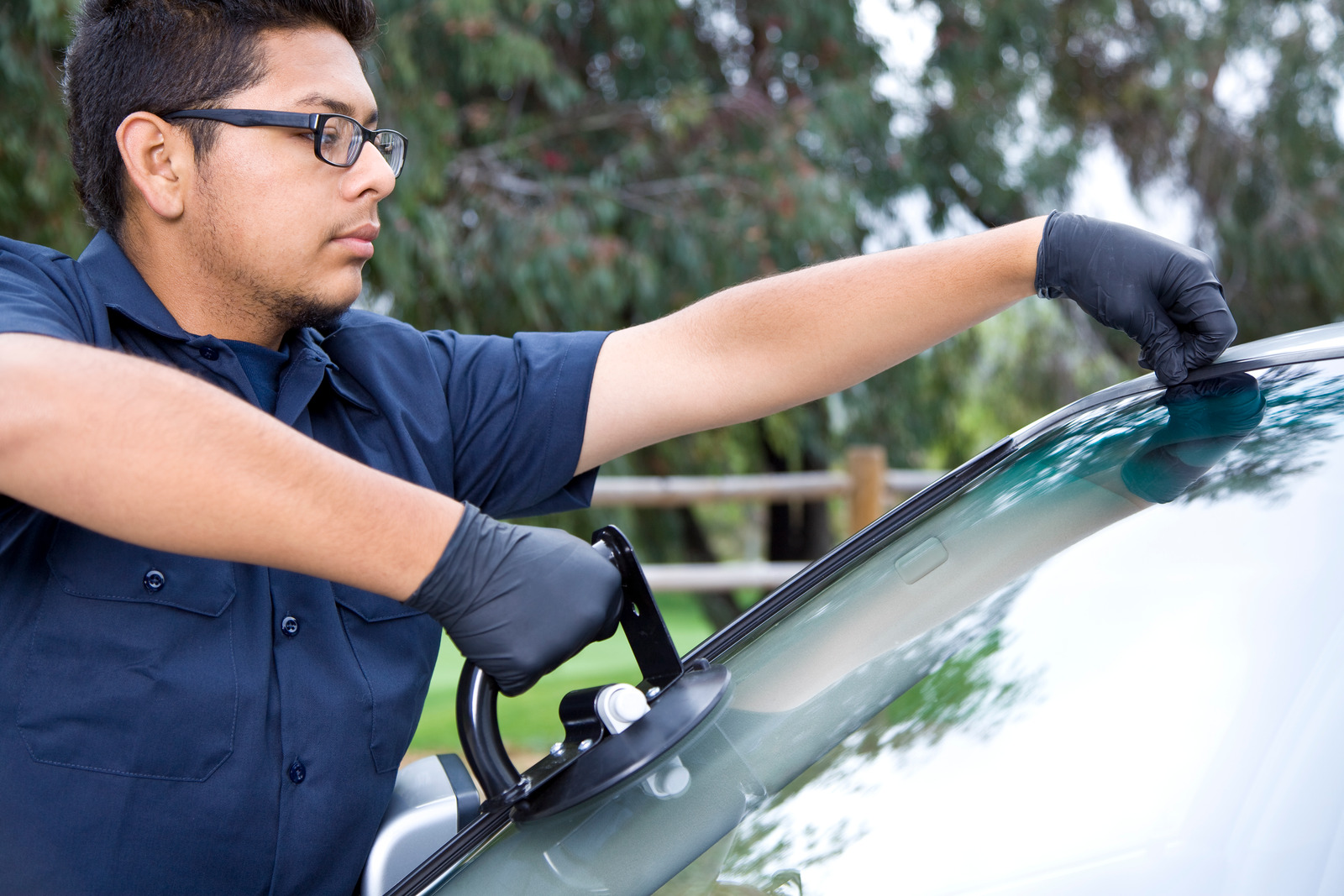
Auto glass is more than just a transparent barrier—it’s a crucial safety component in your vehicle. Most drivers don’t realize that not all auto glass is created equal. There are two primary types used in modern vehicles: laminated glass and tempered glass. Each type serves a distinct purpose and behaves differently under stress.
In this blog, we’ll explore the key differences between laminated and tempered auto glass, their benefits, and where you’ll typically find them on your vehicle.
What Is Laminated Auto Glass?
Laminated glass is made by bonding two sheets of glass with a thin, durable plastic interlayer—typically polyvinyl butyral (PVB). This sandwich-like structure is fused under heat and pressure, creating a highly resilient glass pane.
Key Benefits:
- Shatter Resistance: When impacted, the glass may crack, but the pieces stick to the interlayer, preventing dangerous shards.
- Sound Insulation: The PVB layer reduces outside noise, creating a quieter cabin.
- UV Protection: Laminated glass blocks most harmful ultraviolet rays.
- Enhanced Security: More difficult to break through, making it a strong deterrent against theft.
- Repairable: Chips and cracks can often be repaired without replacing the entire glass.
Common Uses:
- Windshields: Virtually every modern vehicle uses laminated glass for windshields to maximize safety.
What Is Tempered Auto Glass?
Tempered glass is made by heating standard glass to high temperatures and then cooling it rapidly. This process, called thermal tempering, strengthens the glass and changes how it breaks.
Key Benefits:
- Increased Strength: Up to five times stronger than untreated glass.
- Safe Breakage: Shatters into small, blunt pieces to minimize injury risk.
- Resistant to Heat and Pressure: Withstands sudden temperature changes without cracking.
- Cost-Efficient: Easier and cheaper to produce than laminated glass.
Common Uses:
- Side Windows
- Rear Windows
- Some Sunroofs
Laminated vs. Tempered: A Side-by-Side Comparison
Laminated glass is made by sandwiching a plastic interlayer (usually PVB) between two layers of glass. This structure holds the glass together even when it cracks, offering excellent protection against shattering. It’s commonly used for windshields because it stays intact upon impact, reducing the risk of injury and allowing the windshield to continue supporting the vehicle’s frame and airbag deployment. It also offers strong noise insulation and blocks most UV rays. Although it’s more expensive, it can often be repaired when chipped.
Tempered glass, on the other hand, is a single piece of glass that’s been heat-treated to increase its strength. When it breaks, it shatters into small, blunt pieces that are far less likely to cause injury, making it ideal for side and rear windows where quick escape may be necessary in emergencies. Tempered glass is less expensive and more heat-resistant, but it can’t usually be auto glass repair Surrey if damaged—it must be replaced entirely. It doesn’t naturally block UV rays unless specially coated, and provides only moderate noise insulation compared to laminated glass.
Why This Matters to Drivers
Your windshield acts as a structural component in the event of a crash and supports airbag deployment, which is why it’s made from laminated glass. Side and rear windows are often designed to break quickly for emergency exit, so tempered glass is ideal in those spots.
If you ever need auto glass replacement, knowing what type of glass is required can help you understand your repair options and ensure your vehicle stays compliant and safe.
Can You Upgrade Your Auto Glass?
Yes, in some cases. Some drivers upgrade their side and rear windows to laminated glass for added noise control, UV protection, and theft prevention. However, not all vehicles support this change without professional modification, so always consult an auto glass expert first.
While laminated and tempered auto glass Surrey may look the same, they serve different and equally important roles in keeping you safe on the road. Laminated glass offers superior protection, soundproofing, and repairability—perfect for windshields. Tempered glass, on the other hand, is ideal for side and rear windows thanks to its strength and safe shatter properties.
If you’re unsure which type of glass your vehicle needs, or if you require expert installation or repair, contact GlassCo Auto & Window Ltd. Their experienced team specializes in auto glass solutions and can help you choose the safest and most suitable option for your car. Whether it’s a simple chip repair or a full replacement, GlassCo has you covered.

